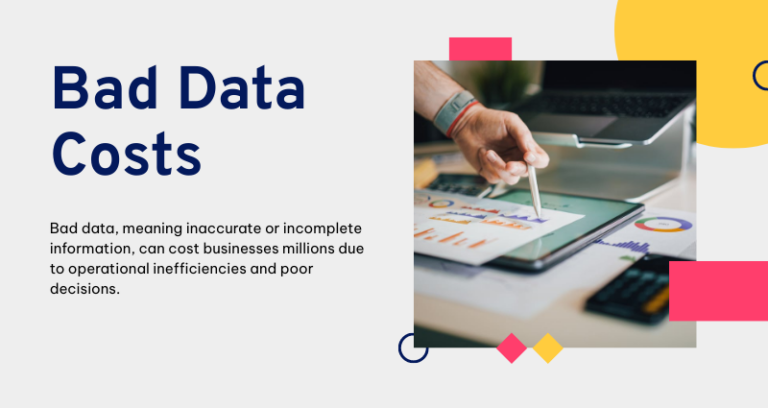
The effectiveness of data-driven strategies hinges on the accuracy and relevance of the data being used. This is where data validation comes into play. Data validation is the process of ensuring that the data you collect, store, and utilize meets specific quality standards, ultimately leading to more reliable insights and better business outcomes.
What is Data Validation?
Data validation is a critical step in data management that involves verifying the accuracy, completeness, and consistency of data before it is processed and used. This process helps to identify and rectify errors, such as duplicate entries, incorrect formats, or missing values, which can otherwise lead to flawed analyses and misguided decisions.
There are several types of data validation, including:
- Format Validation: Ensuring that data is in the correct format (e.g., date fields contain dates, email fields contain valid email addresses).
- Range Validation: Checking that data falls within a specific range (e.g., age must be a positive number).
- Consistency Validation: Confirming that data is consistent across multiple fields or datasets (e.g., the same customer ID is used across different records).
- Uniqueness Validation: Ensuring that certain data points are unique and not duplicated (e.g., customer email addresses).
Why is Data Validation Important?
- Improved Decision-Making: Accurate data is the foundation of sound decision-making. When data is validated, you can trust the insights derived from it, leading to more informed and effective business strategies.
- Enhanced Customer Experience: Clean, validated data allows you to personalize marketing campaigns, offer relevant content, and provide better customer service. Inaccurate or incomplete data can lead to miscommunication, irrelevant offers, and ultimately, customer dissatisfaction.
- Increased Operational Efficiency: By catching and correcting data errors early, data validation reduces the time and resources spent on troubleshooting issues later in the process. This efficiency helps to streamline operations and improve overall productivity.
- Compliance and Risk Management: Many industries are subject to strict regulations regarding data accuracy and privacy. Data validation ensures that your organization remains compliant with these regulations, reducing the risk of legal issues and penalties.
- Better Marketing ROI: When your data is accurate, your marketing efforts are more likely to reach the right audience with the right message at the right time. This precision leads to higher engagement rates, improved conversion rates, and a better return on investment (ROI) for your marketing campaigns.
How to Implement Data Validation in Your Marketing Strategy
- Establish Clear Data Standards: Define what constitutes valid data for your organization, including acceptable formats, ranges, and consistency rules. These standards should be aligned with your business goals and industry requirements.
- Automate Data Validation Processes: Utilize automated tools and software that can validate data in real-time or during data entry. Automation helps to reduce manual errors and ensures that data is consistently validated across all channels.
- Regularly Audit Your Data: Conduct routine audits of your data to identify and correct any issues that may have been missed during initial validation. Regular audits help to maintain data quality over time and address any emerging problems.
- Educate Your Team: Ensure that all team members involved in data management understand the importance of data validation and are trained on best practices. This education helps to create a culture of data accuracy within your organization.
- Integrate Data Validation with CRM and Marketing Automation: Integrate data validation processes with your Customer Relationship Management (CRM) and marketing automation platforms. This integration ensures that the data flowing through these systems is accurate and reliable, leading to better-targeted campaigns and improved customer interactions.
Drive More Effective Business Outcomes
In today’s data-driven marketing landscape, data validation is not just a best practice—it’s a necessity. By ensuring that your data is accurate, complete, and consistent, you can make better decisions, enhance customer experiences, and achieve greater success in your marketing efforts. Implementing robust data validation processes will help you unlock the full potential of your data, ultimately driving more effective and efficient business outcomes.



